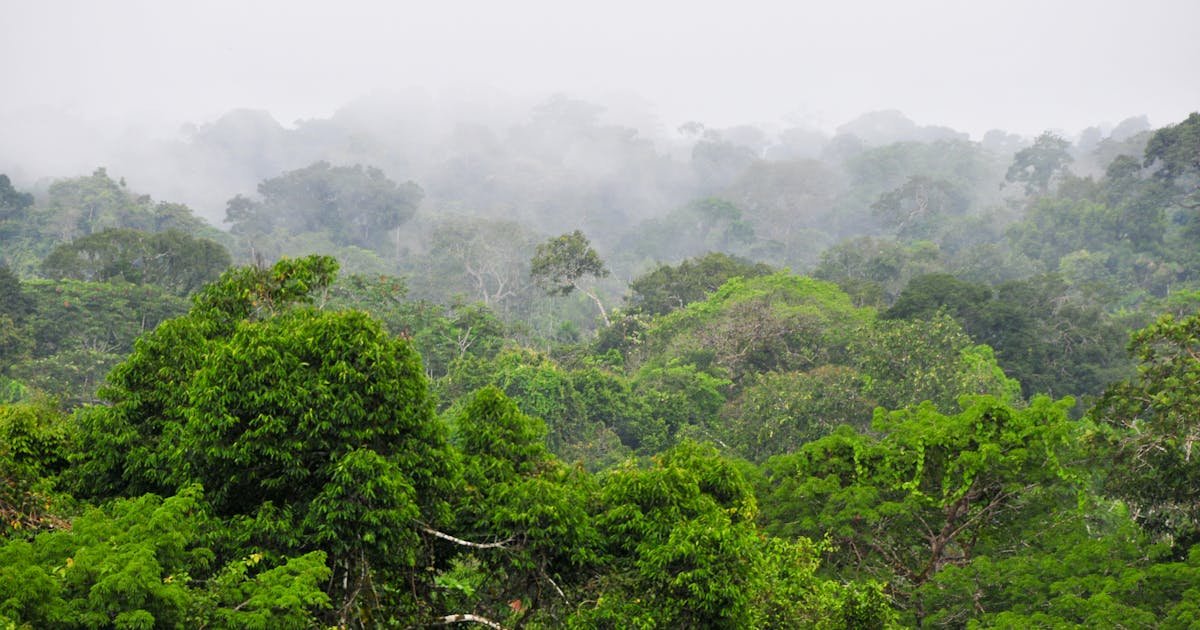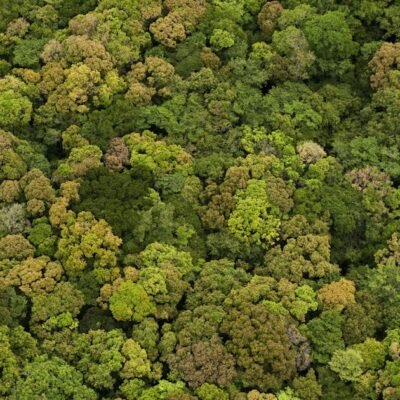Following a decade-long fight led by Indigenous activists and environmental leaders, Ecuadorians voted decisively to end oil drilling in one of the most biodiverse ecosystems on Earth — a move heralded by supporters as “historic.”
Nearly 60 percent of voters supported the ban on oil drilling in the Ishpingo-Tambococha-Tiputini area of the Yasuní National Park, a UNESCO world biosphere reserve , according to the Associated Press . Sunday’s referendum also included a vote to stop further mining exploration in the Andean Chocó region, a cloud forest in northern Ecuador that is also a UNESCO biosphere reserve.
“The decision to say ‘no’ to drilling in Yasuní National Park and the Andean Chocó region is good for Ecuador’s biodiversity, local and Indigenous communities, as well as us all,” said Conservation International CEO M. Sanjayan, who has spent significant time in the park.
Located at the intersection of the Amazon and the Andes, the roughly 1 million-hectare (2.5 million acre) national park is home to Indigenous groups, including the Tagaeri and Taromenani people, who live in voluntary isolation — as well as more than 2,000 species of plants, and hundreds of species of birds, mammals, reptiles and fish.
This biodiversity haven also holds some of Ecuador’s largest oil reserves. As climate change and biodiversity loss have accelerated, those reserves have been at the center of a drawn out legal and bureaucratic battle that pitted protections for nature against economic pressures to drill in a country that is heavily reliant on oil extraction.
In 2007, then-President Rafael Correa pledged to prevent oil exploration in an area known as Block 43 on the condition that the international community create a $3.6 billion fund to compensate for the billions in lost oil revenue. When that effort failed, plans to drill went ahead — and in 2016, the Ecuadorian state oil company broke ground. Today, this region produces roughly 12 percent of Ecuador’s oil.
In the years since, however, Indigenous communities and environmental activists have continued to push for a ban on drilling — which culminated in a major victory when voters cast ballots in Sunday’s referendum.
“I am thrilled that, when given the choice, the people of Ecuador chose nature and a healthy future,” said Rachel Biderman who leads Conservation International’s programs in South America. “The vote to ban oil drilling in the Ishpingo-Tambococha-Tiputini area of the Yasuní National Park and mining exploration in the Andean Chocó region is a win for not only one nation, but for the entire world.”
While Indigenous groups and environmentalists are celebrating this victory, the recent vote applies only to Block 43, which covers about 1 percent of the national park. Oil production continues in other parts of the park and on Indigenous lands.
“There is still hard work ahead,” Biderman noted. “But this is a critical first step and demonstrates that together we can combat the climate crisis and continue a path towards a post-extractives economic model that values nature.”
Mary Kate McCoy is a staff writer at Conservation International. Want to read more stories like this? Sign up for email updates. Also, please consider supporting our critical work.





